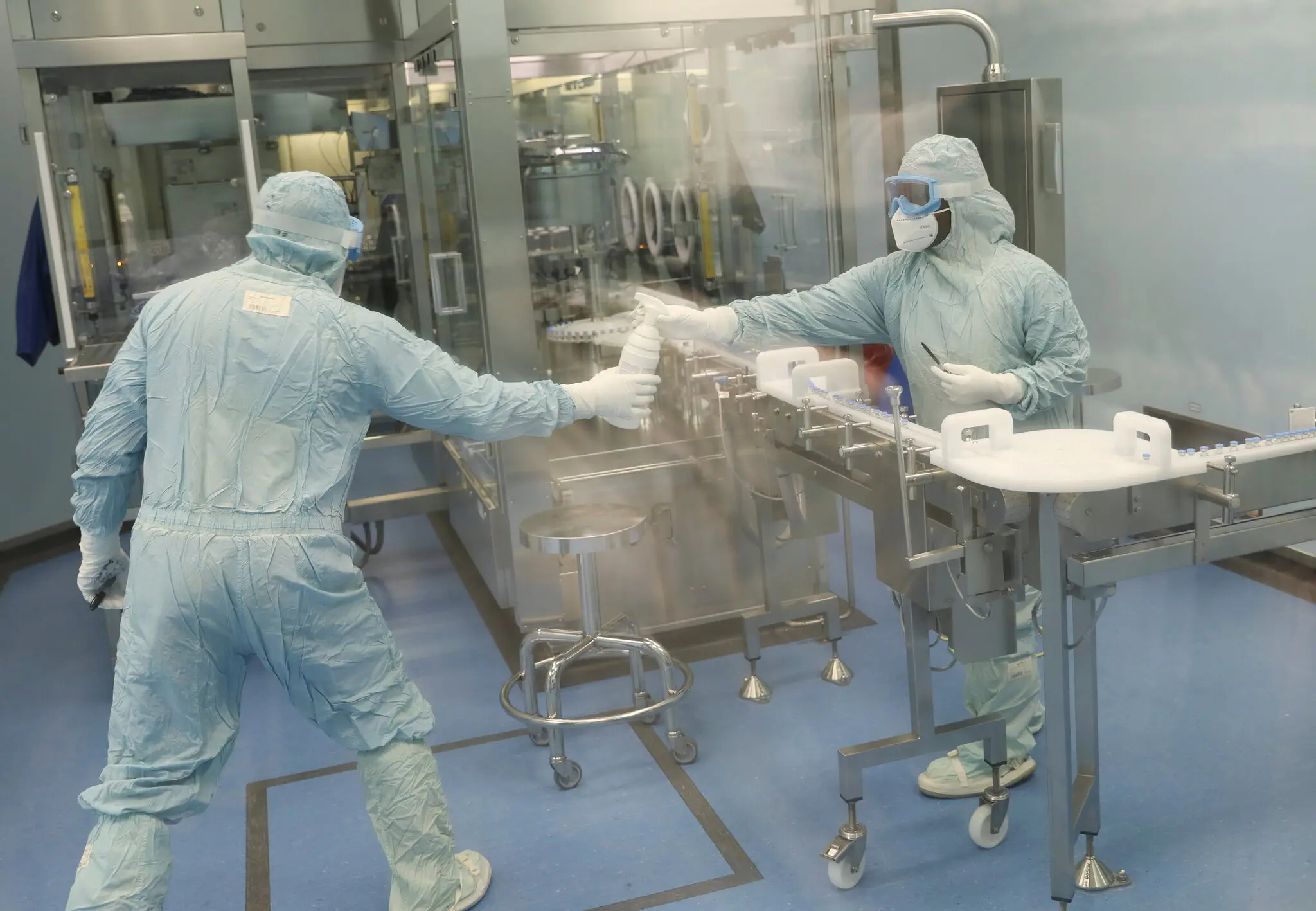South Africa’s Aspen Nears Licensing Deal to Sell J&J COVID-19 Vaccine Across Africa
Aspen Pharmacare is on the brink of securing a landmark license from Johnson & Johnson to manufacture and market a locally branded COVID‑19 vaccine for all African Union nations, a pivotal move toward vaccine sovereignty on the continent.
Aspen Pharmacare—a leading South African pharmaceutical giant—stands on the cusp of a transformative licensing agreement with Johnson & Johnson (J&J) to produce and distribute its own brand of the J&J COVID‑19 vaccine, known as Aspenovax, across Africa. This monumental deal, spanning all 55 African Union member states and multilateral agencies like the African Vaccine Acquisition Trust and COVAX, promises to significantly bolster the continent’s vaccine manufacturing autonomy and access. ### From Fill‑Finish to Full Licensing
Since early 2021, Aspen has operated as a “fill‑finish” facility in Gqeberha, bottling vaccine doses produced from J&J’s active ingredient sourced from Europe or the U.
S. —a critical step toward expanding Africa's on‑soil vaccine production :contentReference[oaicite:1]{index=1}. But this limited role has restricted both Aspen’s influence over distribution and Africa’s vaccine independence.
The new licensing deal would shift control, allowing Aspen to brand, market, and direct vaccine supplies throughout Africa :contentReference[oaicite:2]{index=2}. This mirrors India's Serum Institute model: full local manufacturer with control over pricing and distribution—an empowerment shift from contract manufacturing :contentReference[oaicite:3]{index=3}. ### A Game‑Changer for Vaccine Equity
South African President Cyril Ramaphosa hailed this as a “historic agreement” to bring vaccine production “on African soil,” while WHO’s regional director for Africa called it critical for scaling up access :contentReference[oaicite:4]{index=4}.
With just around 12–16 % of Africa’s population fully vaccinated, this local manufacturing boost could help close a massive immunization gap :contentReference[oaicite:5]{index=5}. Moreover, the agreement includes provisions for future versions—booster formulations or variant-adapted shots—ensuring Africa stays current :contentReference[oaicite:6]{index=6}. ### Challenges Beneath the Surface
Despite promise, Aspen’s plant has faced headwinds.
The initial months saw zero orders placed for Aspenovax—raising concerns about demand, logistical hurdles, and preference for mRNA vaccines :contentReference[oaicite:7]{index=7}. The hesitancy reflects Africa’s complex vaccine procurement environment: limited purchasing power, preference for alternative vaccine tech, and lingering supply chain constraints. Furthermore, controversies arose when doses packaged at Aspen were exported to Europe—even as African vaccination rates remained critically low—prompting WHO criticism and temporary export suspensions mandated by the African Union and EU authorities :contentReference[oaicite:8]{index=8}.
### Importance of Full Licensing
The licensing model is expected to resolve these issues by giving Aspen authority over production volumes, distribution priorities, and pricing strategies tailored to Africa’s needs :contentReference[oaicite:9]{index=9}. Strive Masiyiwa, AU special envoy, underlined that licensed manufacturing could overcome IP hurdles and ensure equitable vaccine access :contentReference[oaicite:10]{index=10}. Ramaphosa emphasized that the licensing agreement could evolve into local production of the vaccine’s active ingredient—solidifying vaccine autonomy and reducing reliance on imports :contentReference[oaicite:11]{index=11}.
### Toward Africa’s Vaccine Sovereignty
If finalized, Aspen’s licensing deal would not just mark a milestone for one company—it would be Africa’s first vaccine fully manufactured and managed under an African brand. Combined with other efforts—Biovac’s Pfizer-BioNTech fill-finish capacity and Afrigen’s mRNA platform—it represents a historic step toward long-term vaccine sovereignty :contentReference[oaicite:12]{index=12}. ### Paving the Path to Future Resilience
While COVID‑19 may no longer dominate daily headlines, securing in‑continent vaccine manufacturing is essential for preparing Africa against future public health crises.
The Aspen‑J&J license sets a precedent: vaccine resilience begins with local capacity, ownership, and distribution control. Conclusion: Aspen’s near‑miss licensing deal is more than business—it’s a blueprint for health equity in Africa. By transitioning from contract bottling to full‑scale licensed production, Africa moves closer to self‑determination in its fight against pandemics.
There are significant questions ahead—will African governments step up with orders? Will Aspen scale up production sustainably? Will the continental demand favor adenovirus-vector vaccines or shift toward mRNA? How swiftly can active‑ingredient production be established locally?
Answers to these questions will determine whether Aspenovax becomes Africa’s vaccine—or merely a footnote in COVID‑19’s annals.




